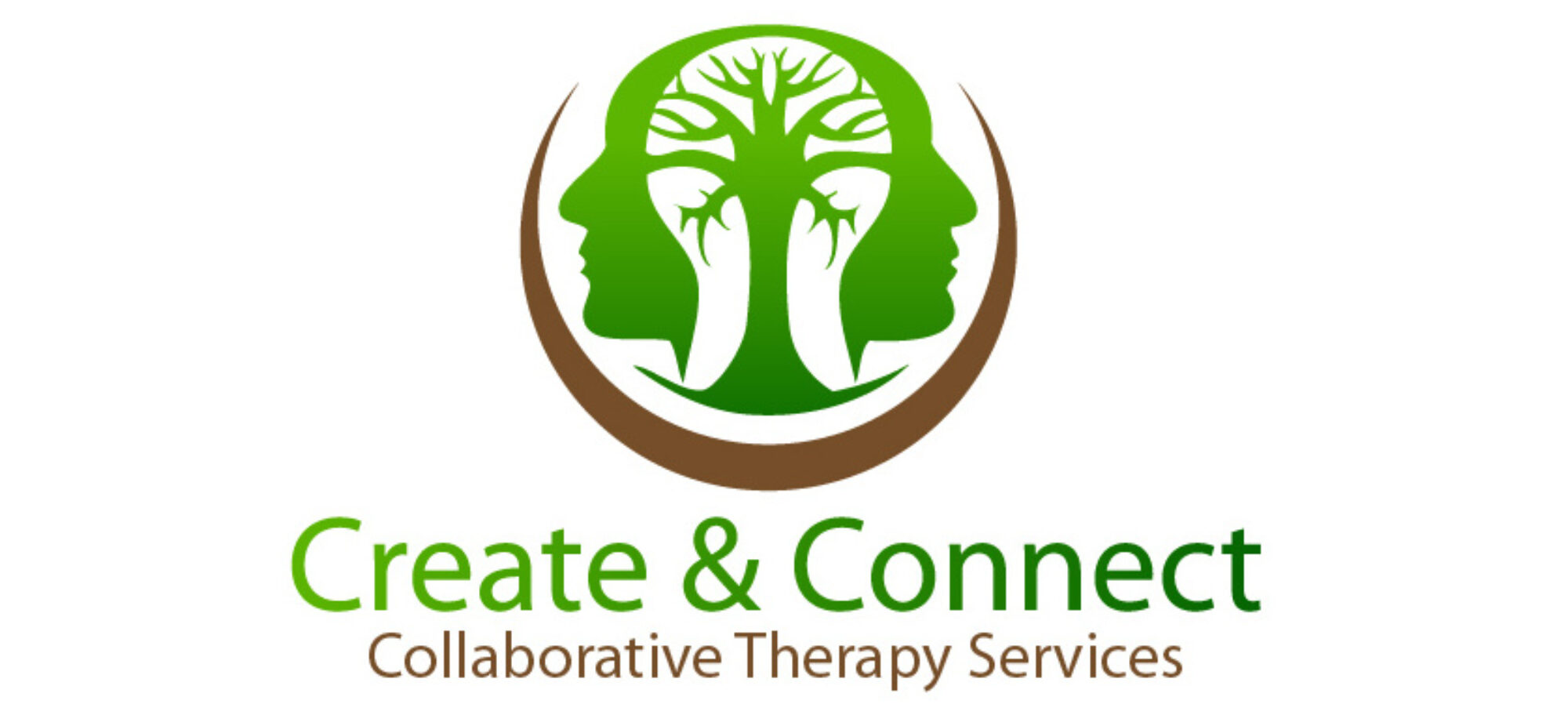Music Therapy
Music Therapy
Music Therapy Basics
What is Music Therapy?
Music therapy is the clinical use of music, by a trained and credentialed professional, to accomplish specific treatment goals. Music therapy is an evidenced based and research founded profession that has proven effective in treatment of a wide variety of populations.
What does a music therapist do?
A music therapist is a trained, board certified professional who uses music in a clinical setting to meet a client’s wellness goals. These goals may physical, emotional, cognitive, social, psychological, spiritual, behavioral, or other concerns and needs the client wishes to address. Music therapists must complete a minimum of a bachelor’s degree in music therapy at an AMTA approved school and complete 1200 hours of clinical training, after which they may sit for a board exam. After passing this exam, the music therapist now holds the credential of MT-BC (Music Therapist – Board Certified), which must be maintained and renewed regularly.
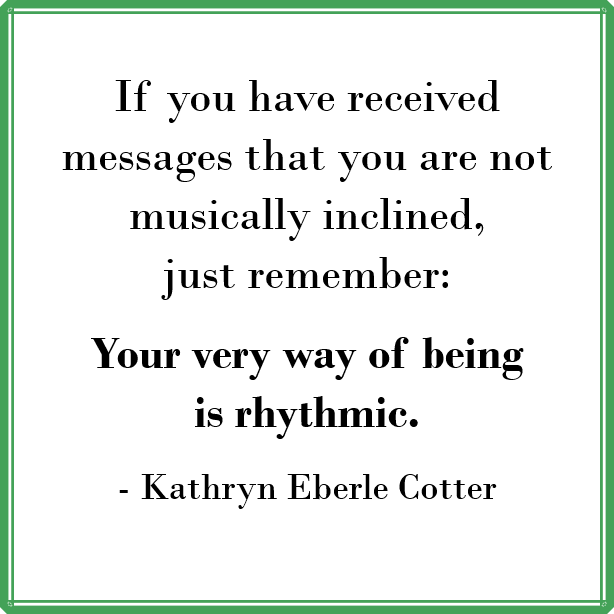
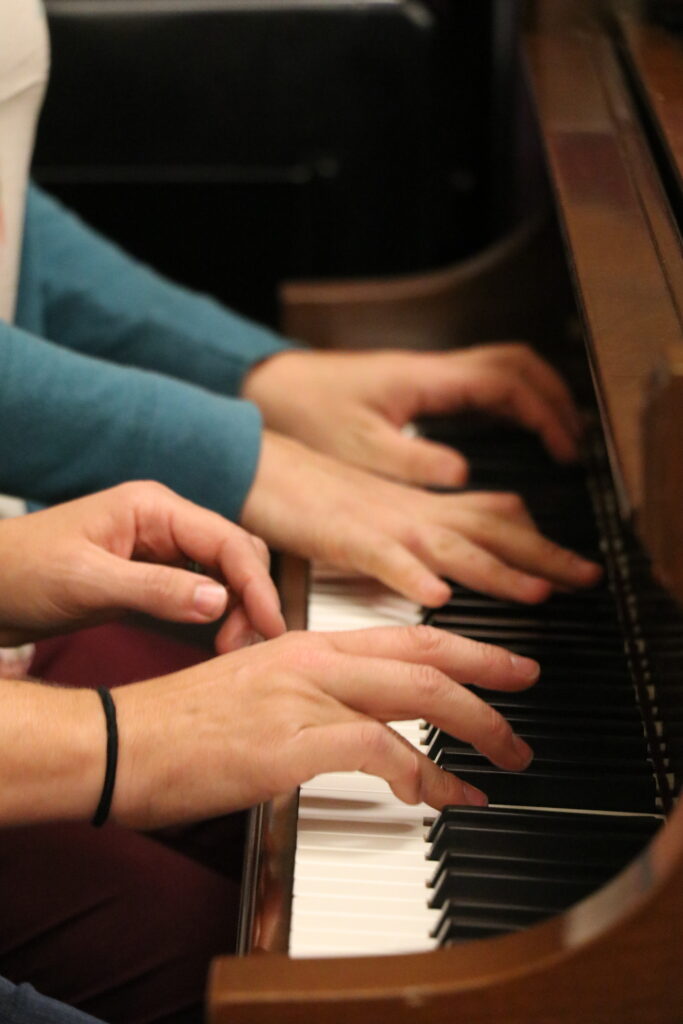
The Music Therapy Experience
At its roots, therapy is an opportunity to reach our individual goals for growth, healing, and personal improvement with the support and guidance of a trained professional. Music therapy is no different in this foundation. Music Therapy is the clinical and evidence-based use of music interventions to accomplish individualized goals within a therapeutic relationship by a credentialed professional who has completed an approved music therapy program. A music therapist and a client engage in music as a resource to address the clients needs. These could be physical, emotional, cognitive, and social . Each experience is as unique as the persons involved.

-It is sitting next to a hospital bed with a guitar singing in time with the patient’s heart beat on the monitor, and slowing the pace of the music gradually to reduce the patient’s anxiety and facilitate rest.
-This is children improvising the sound of their emotions on a xylophone to improve self awareness and communication skills.
-It’s a group of palliative care patients writing a 12 bar blues song as a container for their stress and pain, showing support and empathy for each other in the process.
-It is a group of kids who have lost loved ones learning how to use deep rhythmic breathing as a coping skill and emotional release.
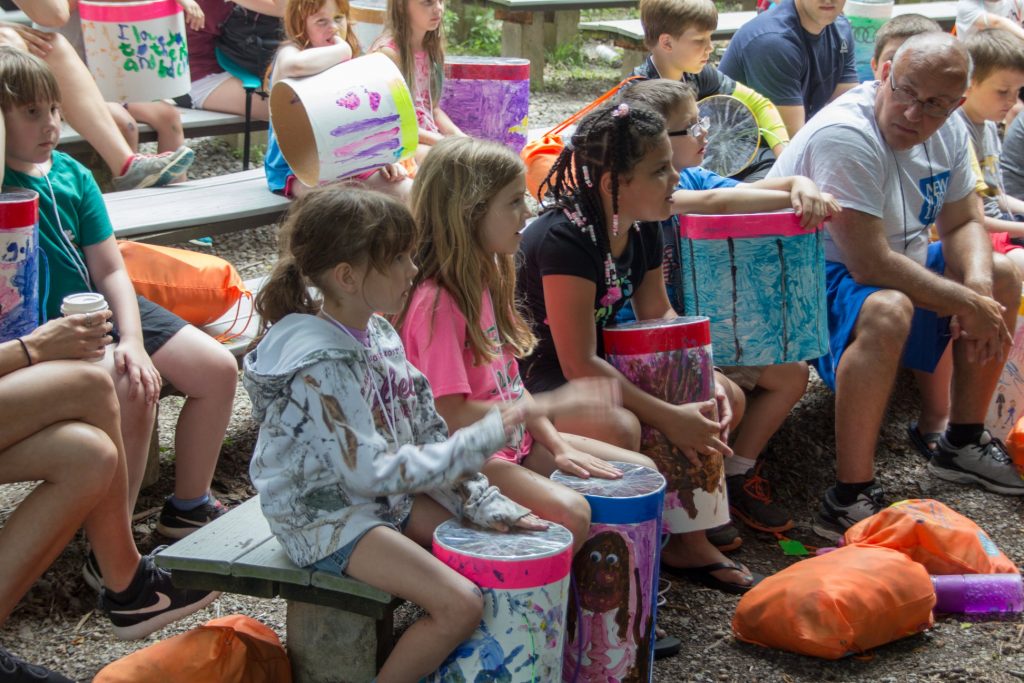
-It is a family participating in a drum circle to highlight their relational dynamics, and allow them space to play, experiment, and try new things together.
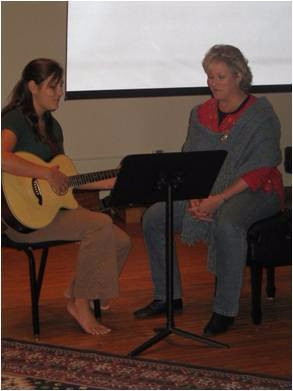
-It is connecting in a language that sometimes cannot be put into words, but can be felt and understood throughout the body and the soul
-It’s you and your therapist creating a song parody about your strengths, your triumphs, and your worth that you will then be able to play in your own mind when your anxiety starts to take over your thoughts.
Through musical involvement in the therapeutic context, clients’ abilities are strengthened and transferred to other areas of their lives. Music also offers a non verbal communication option, not only for those who communicate without words, but anyone seeking to express, connect, and create. Research in music therapy supports its effectiveness in many areas such as: overall physical rehabilitation and facilitating movement, increasing people’s motivation to become engaged in their treatment, providing emotional support for clients and their families, and providing an outlet for expression of feelings.
Want to learn more?
We encourage you to find more information, specific case examples, research, history, and other resources on music therapy and music therapists by visiting the American Music Therapy Association’s or the Certification Board for Music Therapists.
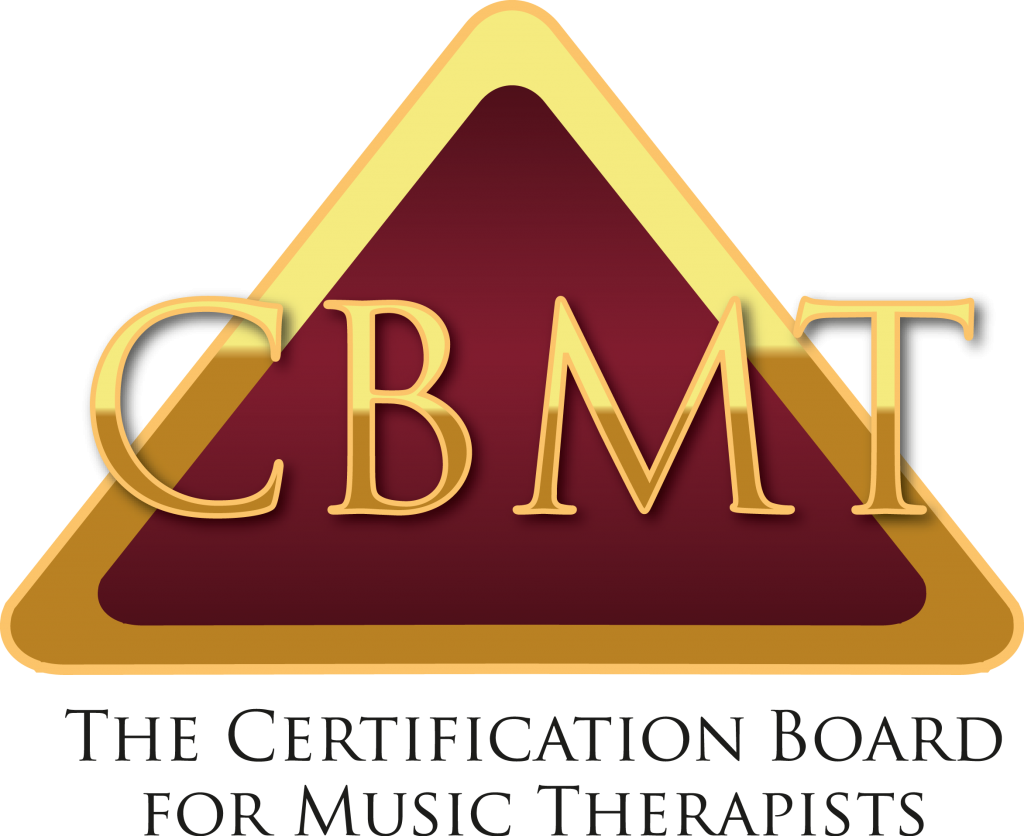
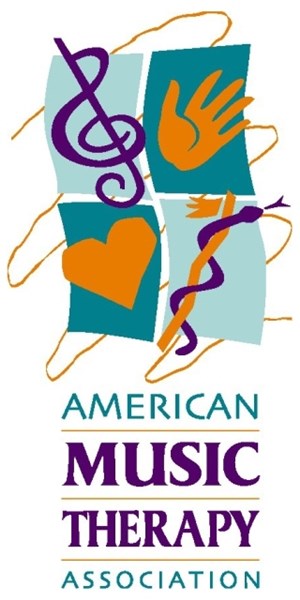
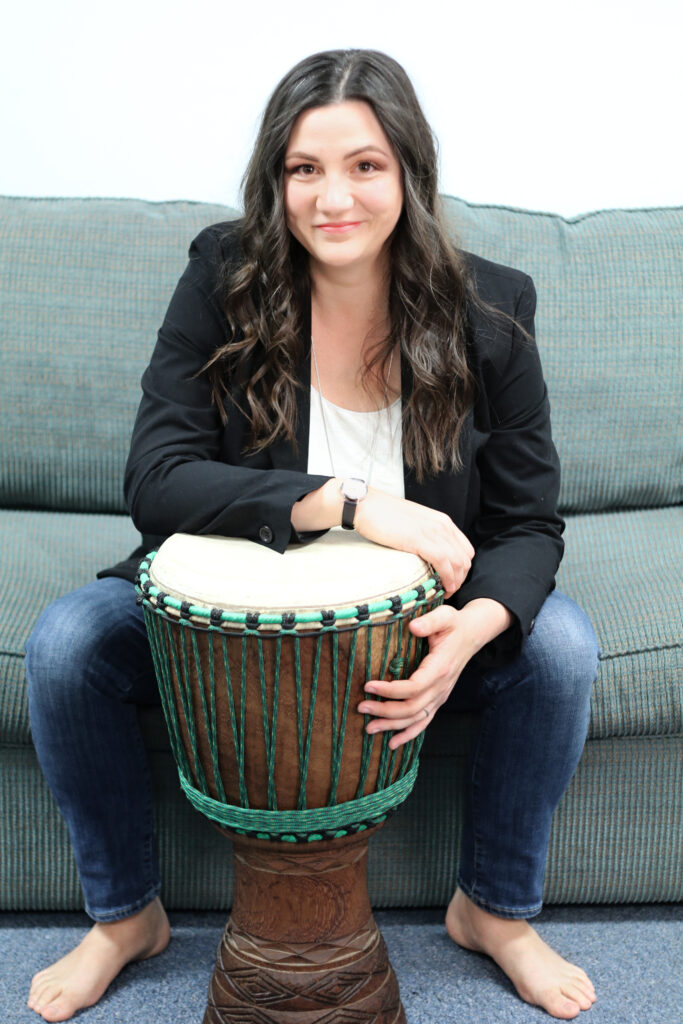
If you are interested in learning more about our music therapy options or have questions send us a message.
